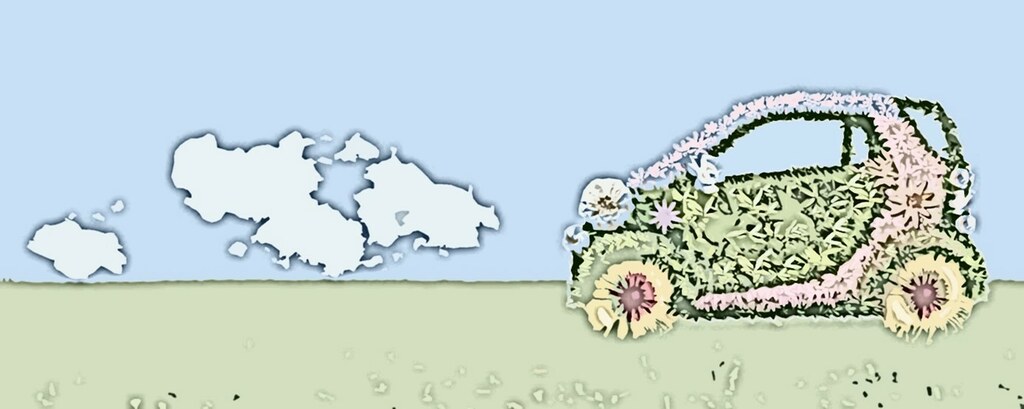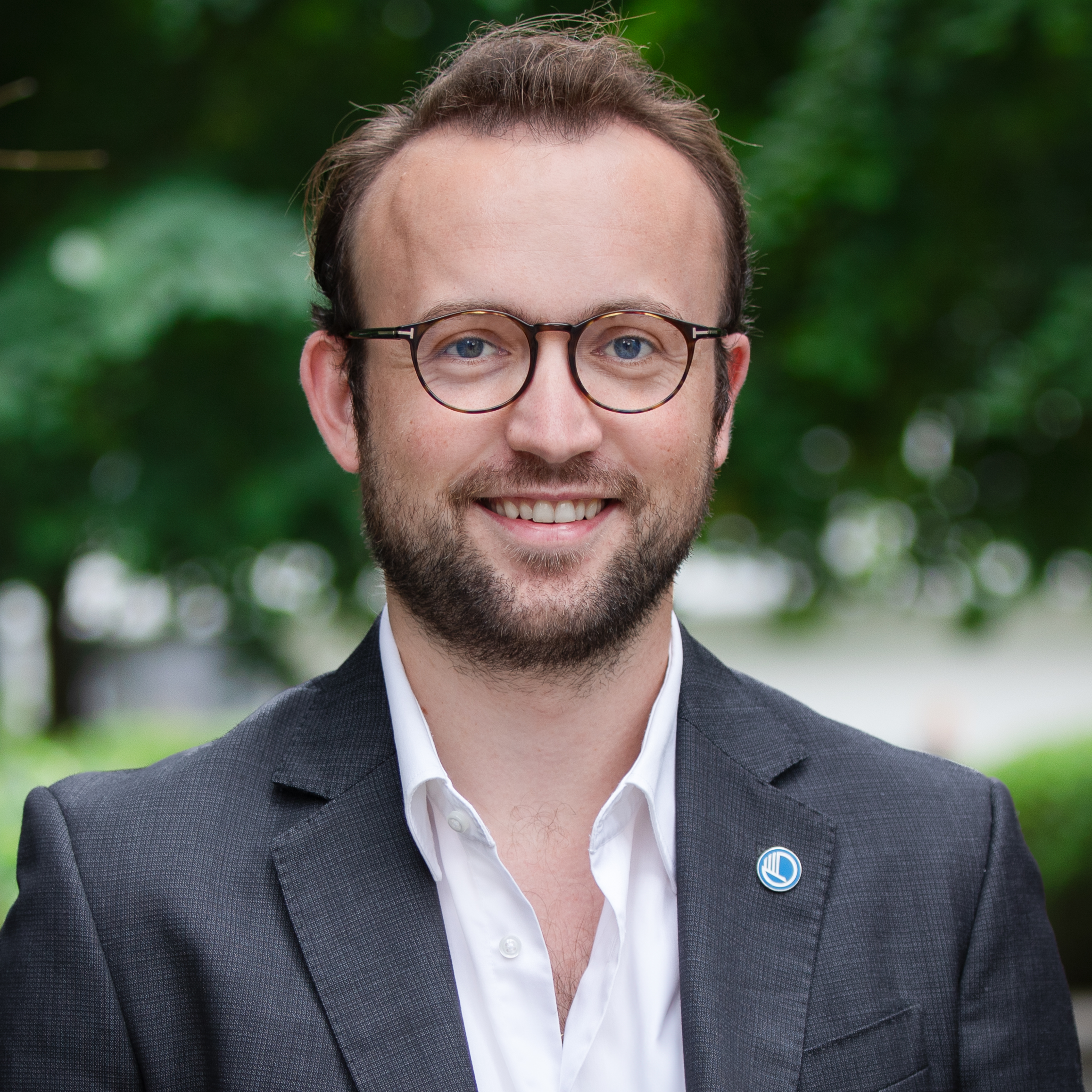
Kickoff NEOs WP4: Fossil free and resource efficient transport
In February 2023, partners SINTEF Energy, Swedish Environmental Research Institute (IVL), Institute for Energy technology (IFE) and the University of Oslo gathered to kick off the Nordic Energy Outlooks programme's…
In February 2023, partners SINTEF Energy, Swedish Environmental Research Institute (IVL), Institute for Energy technology (IFE) and the University of Oslo gathered to kick off the Nordic Energy Outlooks programme‘s fourth work package (WP4) – Fossil free and resource efficient transport and transport infrastructure.
WP4 addresses how fossil-free and resource efficient transport and transport infrastructure can be implemented in energy system analysis.

The final work package of the current NEOs programme will explore how fossil-free and resource efficient transport and transport infrastructure can be implemented in energy system analysis, how different methods and assumptions affects the results, and what consequences new technology, modal shifts, mobility and freight trends, demographic development, urbanization trends and spatial development can have for the energy system.
The work package is led by SINTEF, and contains the following partners contributions:
- IVL’s work will focus on assessing the effects of decarbonisation strategies in the Nordics on other environmental impacts such as air pollutants. They hope to display how different roads to decarbonization can vary in their overall sustainability.
- SINTEF Energy will try to understand how increased demand for energy in the fossil-free transport sector will affect system models. By utilising different projections, they hope to model the impact.
- IFE will look at hard to abate sectors in the transport sector – notably maritime and aviation. Looking at low-carbon options they hope to apply these energy pathways into established system models.
- UiO will take a deep dive into the materials needed for electrification. Following the surge in the deployment of batteries in the transportation sector, the demand for materials has increased drastically. The UiO team hopes to apply this material constraint to system models.

